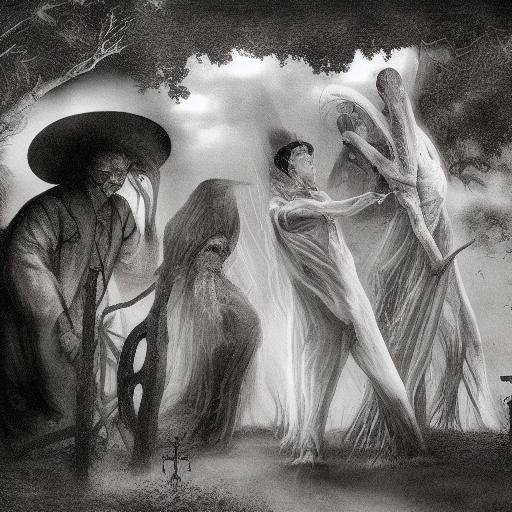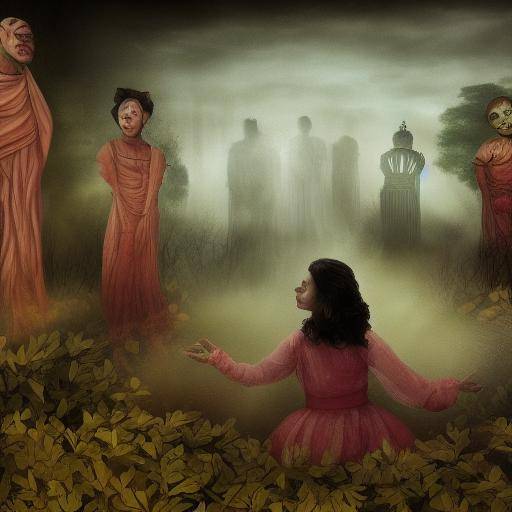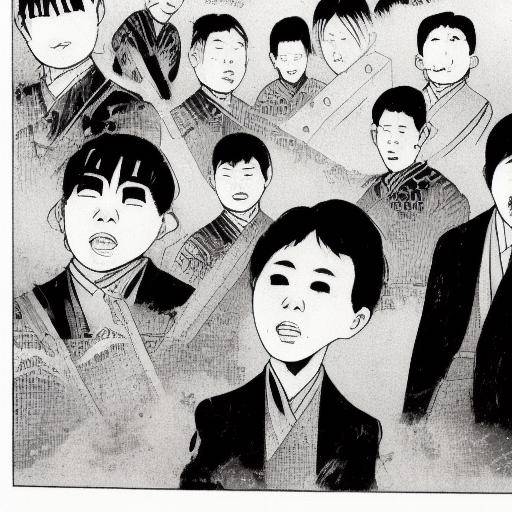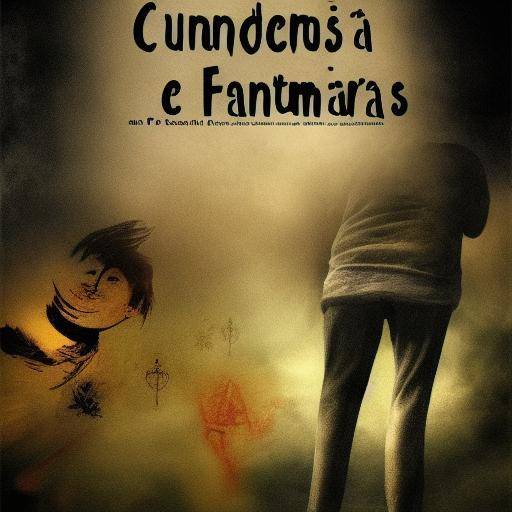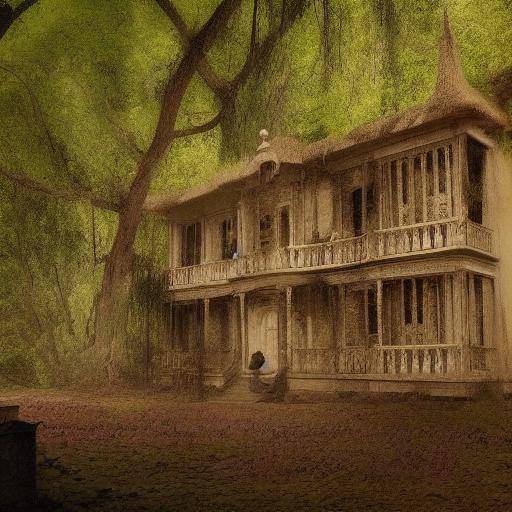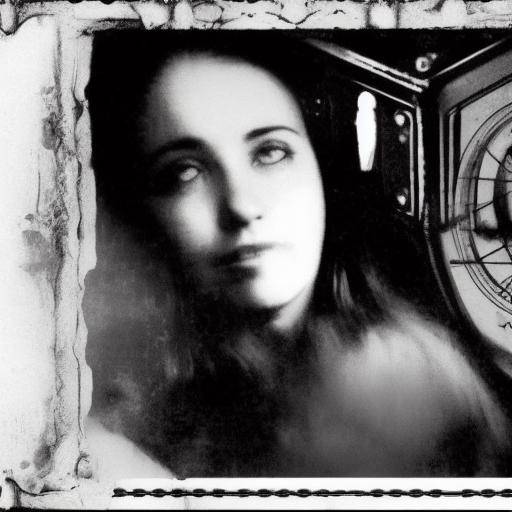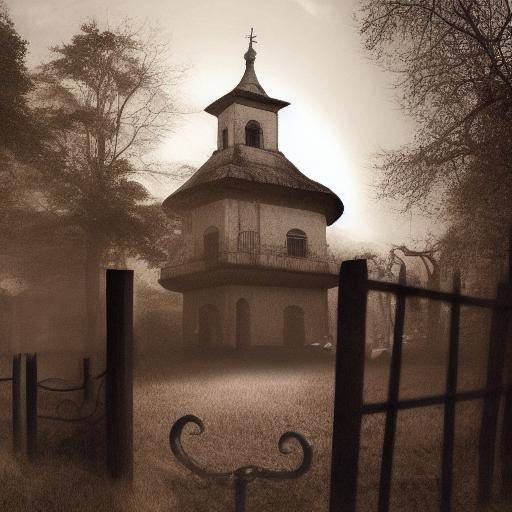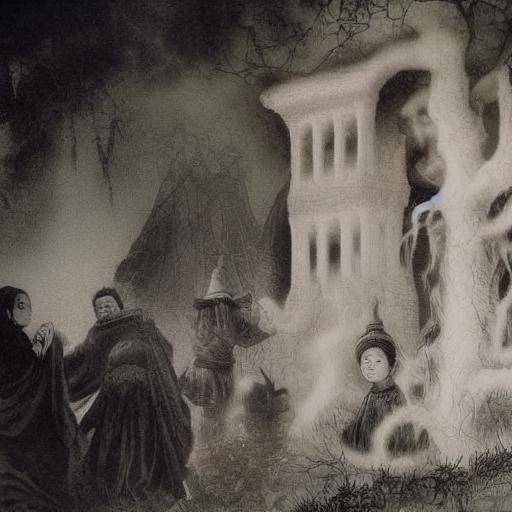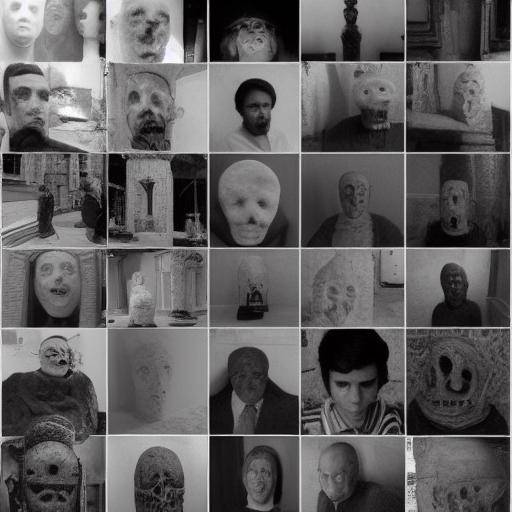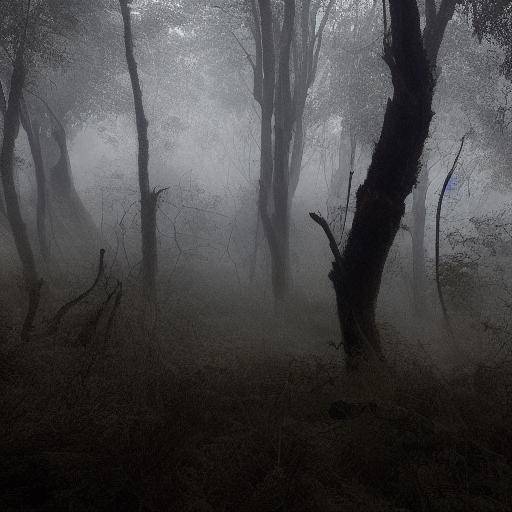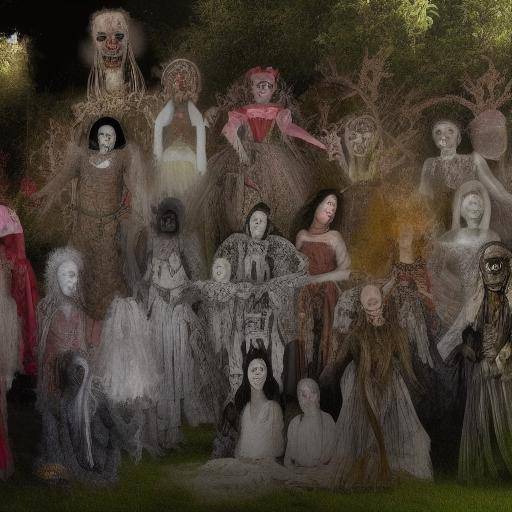
Introduction
Ghosts have fascinated humanity throughout history, appearing in countless legends, cultural traditions and stories of fear. This article explores the symbolism of ghosts in different cultures, deepening in the cultural legends and stories of fear that have permeated our society. We will discover the rich diversity of interpretations and cultural links with the spirits of the beyond, offering a detailed view of how these symbols have influenced the way we perceive the spiritual world.
History and Background
The symbolism of ghosts goes back to ancient civilizations, where the spirits of the deceased were believed to still wander among the living. In Greek and Roman cultures, ancestors were honored through rituals and festivals with the belief that their souls protected the family. On the other hand, in Chinese tradition, the festival of the Festival of Hungry Ghost is a time to honor the ancestors and free the spirits of the dead from their suffering.
In the western sphere, ghost stories have been transmitted from generation to generation, moulding popular and literary culture. From the works of William Shakespeare to the Gothic novels of the nineteenth century, ghosts have been recurring elements that explore themes such as remorse, revenge and redemption. The cultural legends surrounding ghosts vary from region to region, providing a myriad of interpretations about the meaning of death and life after it.
The symbolism of ghosts has evolved over time, influencing art, literature and theatrical performances. The incorporation of ghosts into popular culture has generated an enabling environment for the exploration of emotional and existential issues, offering people a way of confronting the mystery of death and the transcendence of life.
Analysis in Deep
What do ghosts represent in modern society? Beyond simple horror stories, ghosts have become a reflection of our deepest fears, desires and longings. Fear stories involving ghosts explore the duality between the tangible and the abstract, life and death, as well as the presence of the supernatural in everyday life.
From a psychological perspective, the symbolism of ghosts can be interpreted as a manifestation of unresolved traumas, the inability to let go of the past or the search for lost connections. These issues are held with audiences throughout the world, transcending cultural and linguistic barriers.
In the field of anthropology, the cultural legends related to ghosts reveal the complexities of the relationship between human societies and the spiritual sphere. From the veneration of the ancestors to the appearance of ghosts in mythology, these narratives offer a window to the beliefs and values rooted in different cultures.
Comprehensive review
Contemporary applications of ghost symbolism extend from entertainment to philosophical reflection. The films, series and novels of terror, in particular, have capitalized the presence of ghosts as central elements of their plots, fascinating avid audiences to explore the darkest side of human existence.
At the same time, cultural legends related to ghosts have influenced artistic, architectural and ceremonial expressions. From theatrical shows to commemorative festivals, the symbolism of ghosts remains a vital element in human interaction with the unknown and the inexplicable.
Comparative analysis
The symbolism of ghosts, cultural legends and stories of fear share numerous similarities in their ability to evoke emotions, awaken imagination and transmit moral teachings. However, they also differ in their cultural approach and context, which gives each one a unique and deeply rooted identity in their respective traditions.
Fear stories and cultural legends that incorporate the symbolism of ghosts tend to reflect the specific anxieties and concerns of each society, offering a deep insight into their collective fears and their fundamental values. By comparing these narratives between different cultures, it is revealed how ghosts serve as catalysts to explore human nature and its relationship with the unknown.
Practical Tips and Accessible Tips
While ghost stories and cultural legends may seem simply entertainment, their impact transcends the limits of fiction. For those interested in further exploring this symbolism, here are some practical tips:
- Investigate local tradition: Explore the legends and traditions of your region to understand how ghost symbolism has influenced local culture over time.
- Participate in cultural events: Assisting festivals or theatrical performances involving ghost legends can provide a deeper insight into the interpretation and meaning of these symbols in society.
- Analyze literary and artistic works: Literature and art have been important vehicles for spreading the symbolism of ghosts. Analyzing classic and contemporary works can provide enriching perspectives on this topic.
Industry Perspectives and Expert Reviews
Experts on anthropology, folklore and psychology offer valuable insights on the symbolism of ghosts and their impact on contemporary societies. From symbolic analysis to historical interpretation, these visions provide an enriching context to understand the continuing relevance of ghosts in our lives.
According to the cultural anthropologist Dr. Elena Martínez, "The symbolism of ghosts serves as a bridge between the world and the spiritual, and is fundamental to understanding the complexity of human experience." This multidimensional approach highlights the importance of considering cultural and psychological interpretations in studying ghosts and their symbolism.
Case Studies and Applications in Real Life
A notable example of the influence of the symbolism of ghosts in modern society is the celebration of the Day of Dead in Mexico. This festival, rooted in the Mesoamerican tradition and Catholicism, is a tribute to the deceased ancestors where the spirits are believed to return to visit their loved ones. Through rituals, offerings and festivities, we demonstrate the powerful influence of beliefs on life after death in everyday life.
Likewise, contemporary representations of ghosts in films and literary works continue to resonate with audiences from around the world, demonstrating the perdurability and versatility of the symbolism of ghosts in popular culture.
Future Trends and Predictions
As society evolves and perceptions about the spiritual change, it is expected that the symbolism of ghosts will continue to adapt and transform to reflect current concerns and aspirations. The intersection of technology and spirituality will also influence the way ghosts are represented, offering new perspectives on the connection between the tangible and the intangible.
Conclusion
The symbolism of ghosts, cultural legends and stories of fear remain inexhaustible sources of fascination and reflection in all cultures. Through their ability to evoke fear, hope, and sometimes redemption, these symbols transcend time and space, connecting to humanity with the inexplicable and unfathomable of existence.
As we have explored in this article, the symbolism of ghosts is a profound reflection of our complex relationships with death, memory and the search for meaning in the world. As we continue to explore these constantly evolving narratives, it is imperative to remember that ghost stories and cultural legends not only give us entertainment, but also act as a prism through which we can contemplate the depths of human experience.
Frequently asked questions
1. Why are ghost stories so popular in all cultures?
Ghost stories have a universal appeal due to their ability to explore universal emotions and themes such as fear, loss and hope. They also offer a way of confronting the mystery of death and the transcendence of life.
2. How have ghost representations evolved over time?
The representations of ghosts have evolved with culture and technology, reflecting changes in beliefs and perceptions about the spiritual. From ancient legends to modern media interpretations, ghost representations have adopted various forms throughout history.
3. What is the importance of cultural legends related to ghosts in contemporary society?
Cultural legends allow societies to explore their own anxieties, values and beliefs in relation to life and death. They act as a reflection of human fears and aspirations, providing a way to process and understand the complexity of human experience.
4. How have ghost stories influenced contemporary literature and art?
Ghost stories have left a significant footprint in contemporary literature and art, serving as a constant source of inspiration to explore deep and universal themes. His influence has been manifested in literary works, films, theatre shows and diverse artistic expressions.
5. What is the role of ghost stories in preserving the culture and identity of a society?
Ghost stories contribute to the preservation of the culture and identity of a society by transmitting its values, beliefs and traditions through generations. They act as a link between the past, the present and the future, offering a unique perspective on the evolution of a community.
6. How can we interpret the representations of ghosts from a psychological and anthropological perspective?
From a psychological perspective, representations of ghosts can be interpreted as manifestations of unresolved traumas, the inability to let go of the past or the search for lost connections. From the anthropological sphere, these representations provide a vision of the complexities of the relationship between human societies and the spiritual sphere.
These frequent questions provide a detailed view of the symbolism of ghosts, cultural legends and stories of fear, addressing common concerns and offering a deeper understanding of these lasting issues.

